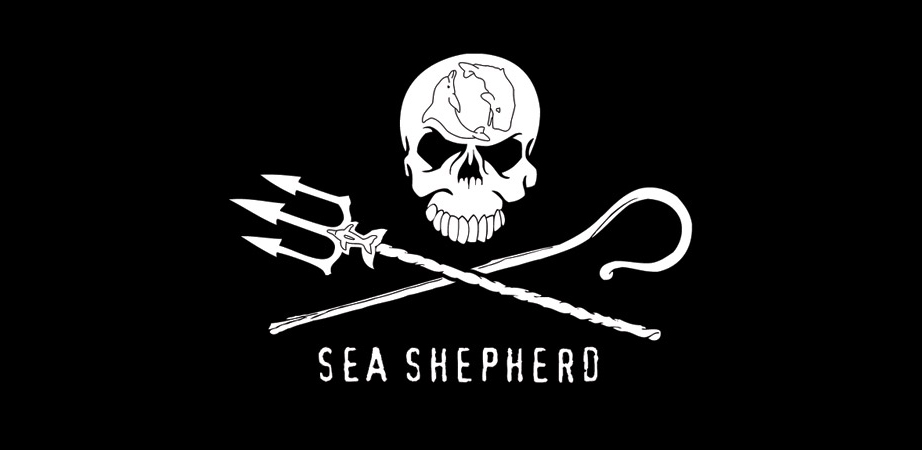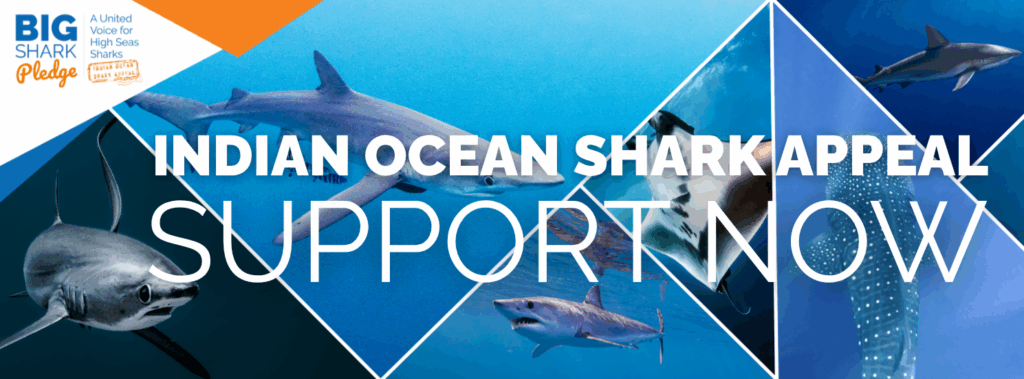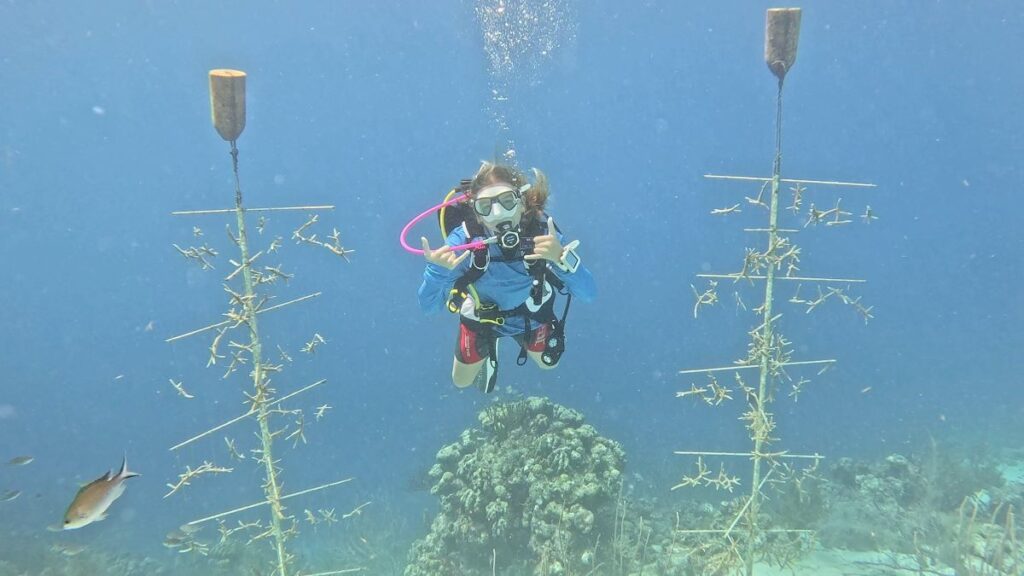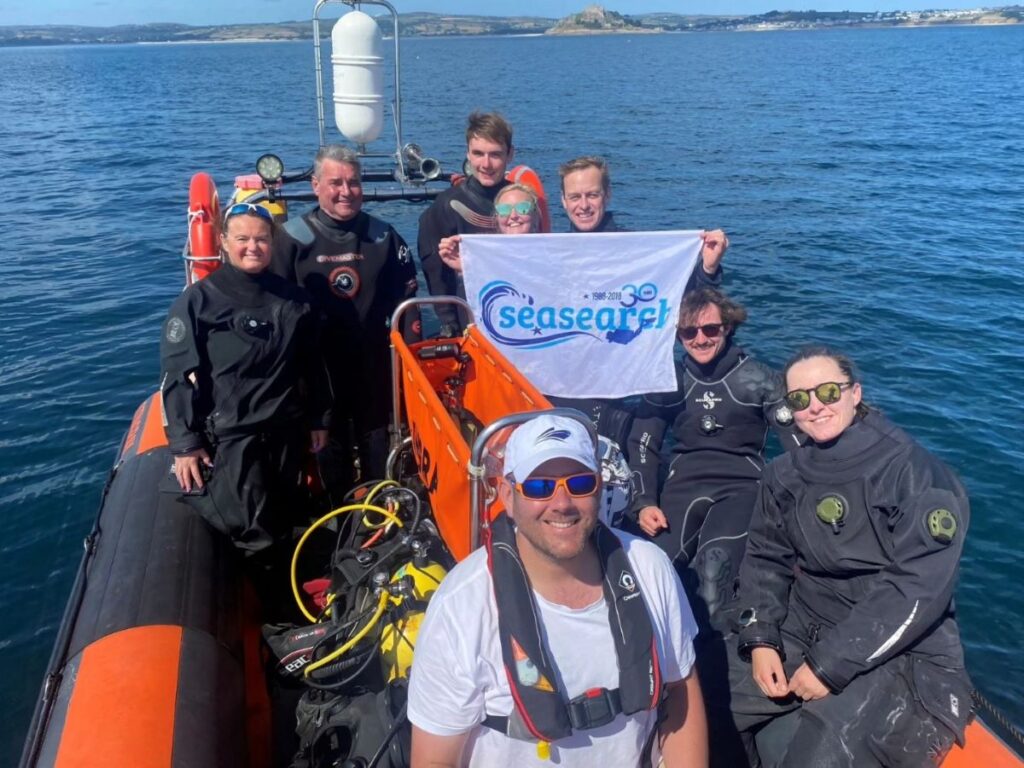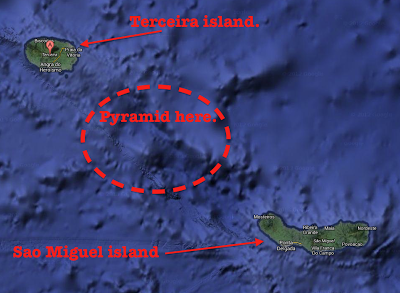Compensation Instead of Confrontation
Scubaverse’s Editor at Large, Jeff Goodman, talks to Sea Shepherd’s Paul Watson about their recent controversial announcement offering the Faroe Islands £1,000,000 to stop killing whales.
What Jeff had to say: I first met and worked with Paul in 1988 while making a film for the BBC about the annual slaughter of Pilot Whales and Dolphins in the Faeroe Islands. I joined Paul and the crew of Sea Shepherd in Plymouth and sailed to the islands to try and stop, or at least publicise, the wholesale killing of these cetaceans.
In my sheer naivety I truly believed that if we could show the horrors of this hunt to the world then public opinion and pressure would be brought to bear to end the mass killing. How wrong I was. The resulting film angered a few people and distressed others, but in the end nothing changed. The killing went on and goes on to this day.
However, this does not mean that we should give up trying to end this senseless slaughter, for if we did then we may as well close our minds to all the horrors man inflicts on the world and live our lives in comfortable psychological isolation.
Recently I saw this headline:
‘Sea Shepherd Offers the Faroe Islands One Million Euros to Stop Killing Whales’.
At first I was shocked and then it became clear to me just how committed Paul Watson and Sea Shepherd are to saving our planet’s marine life. It was all at once wonderful and tragic. One of those windows on humanity, paying a rich country not to kill whales in an outdated and unnecessary blood bath.
Combined with all the other immense environmental pressures cetaceans are facing, what is one million Euros compared to the pain, suffering and possible extinction put upon these priceless animals? It seems the supporting membership of Sea Shepherd and the wider public would be willing to donate this amount to give pilot whales and dolphins safe passage past the wealthy Faroe Islands.
I asked Paul to tell me more.
What Paul Watson had to say: After years of confrontations with people who kill seals, dolphins, whales and other wildlife species I have seen that in many cases, the revenues received from donations to oppose exploitation often exceed the revenues realized by those doing the exploitation.
In Mexico for example, Sea Shepherd recently hired fishermen to convert the lead weights we confiscate from the nets of poachers into dive weights. Offering employment is one way to compensate for the loss of fishing revenues due to regulations protecting the endangered Vaquita and Totoaba.
In the Faroe Islands the Grindadrap or slaughter of pilot whales and dolphins is a tradition but the argument from the islanders is that it is free meat and they need the meat despite the high toxicity of that flesh and blubber in the form of methyl-mercury, PCB.s and other heavy metals. We have long argued that there is no economic need to kill whales considering that the Faroe Islands have one of the highest per capita incomes in Europe.
However, some in the Faroes insist it is an economic necessity. If it is money they need, surely the conservation and the animal rights movement can supply the funds. There are far more people supporting the opposition to the killing of whales than people wanting to kill whales. The supporting membership of Sea Shepherd is three to four times the number of the entire population of the Faroe Islands. We could easily raise the required funds for compensation.
For this reason, Sea Shepherd has made an offer to the Faroes of one million Euros payable in yearly instalments of one hundred thousand pounds for each year that no pilot whales or dolphins are killed. The offer comes with a suggestion that the Faroese use the money to build a whale watching industry and/or to promote tourism to the Faroe Islands.
We have not had a reply to our offer but the offer stands should the Faroese decide that there is a greater economic benefit to protecting whales than from destroying them.
For more information about Sea Shepherd visit their website by clicking here.

